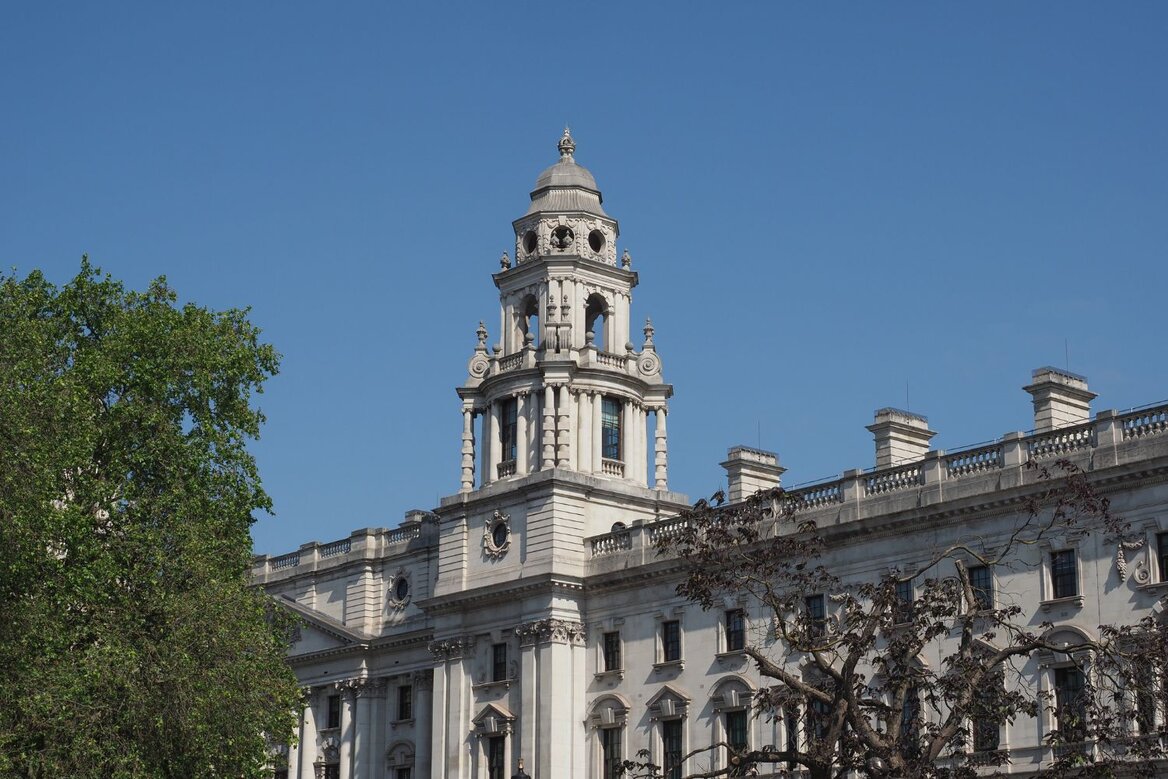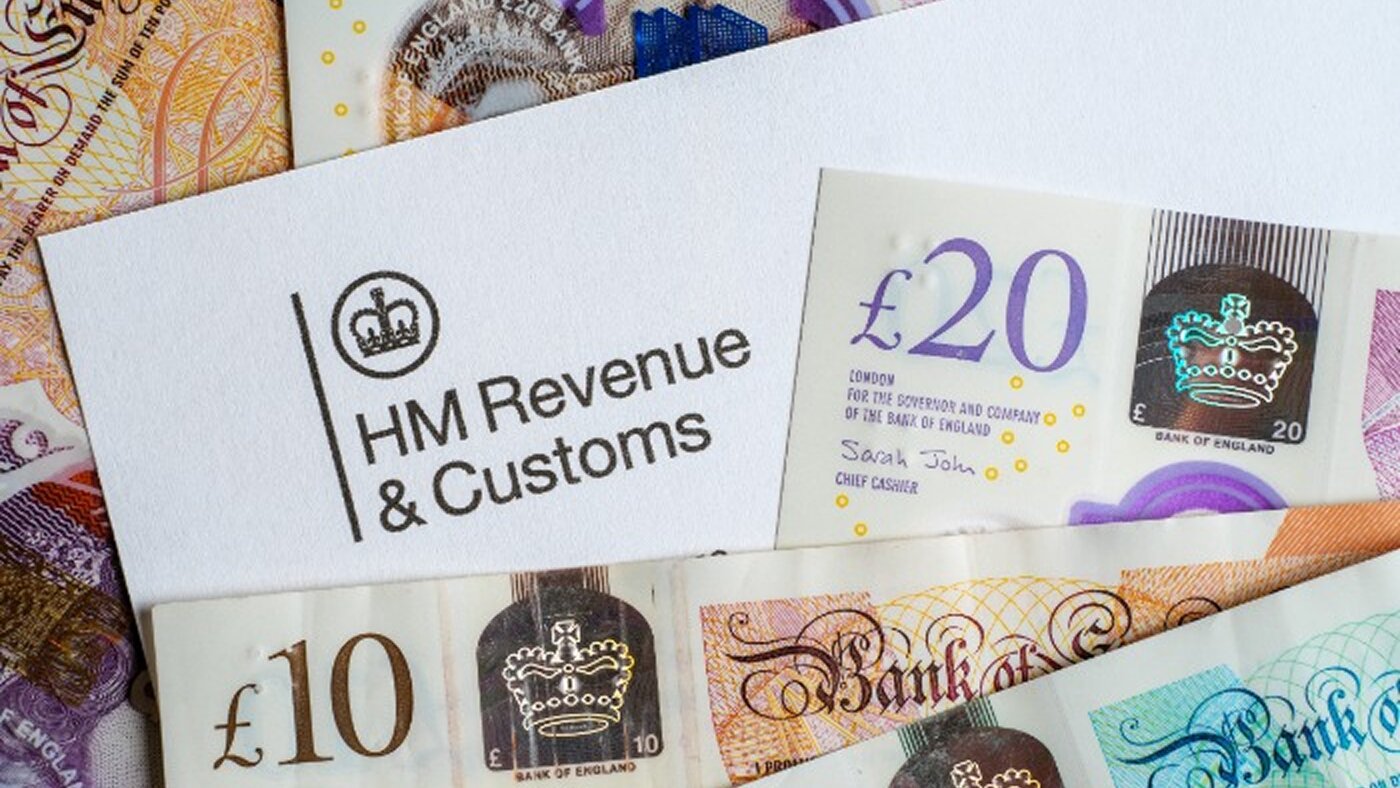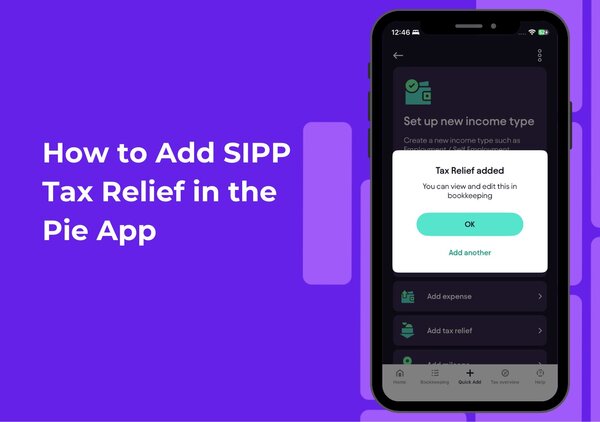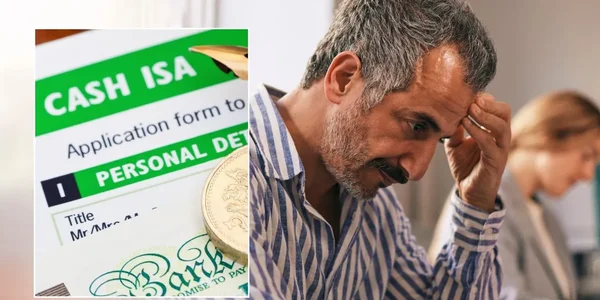Millions of UK workers are facing a stealthy rise in their tax burden, despite no official increase to tax rates or thresholds. According to a recent warning from the Office for Budget Responsibility (OBR), the government’s decision to freeze income tax thresholds until 2028 will push more people into higher tax brackets over time, a phenomenon known as fiscal drag.
This policy effectively raises tax bills without altering headline rates, leaving many households worse off in real terms. The OBR predicts that by 2028, over 4 million more people will be dragged into paying income tax, while millions more will find themselves paying higher rates. The government’s silence on this issue has sparked criticism, with some accusing HMRC and the Treasury of implementing a "stealth tax" on hardworking Britons.
As inflation and wage growth push earnings higher, taxpayers are left to foot a larger share of the bill, even if their real purchasing power hasn’t improved. Here’s how fiscal drag works, who it affects, and what the long-term impact could be.
The Freezing of Tax Thresholds Explained
In the 2021 Budget, then-Chancellor Rishi Sunak announced a freeze on income tax thresholds until 2026, a decision that was later extended to 2028 by current Prime Minister Keir Starmer’s government. While the rates of income tax have remained static, the frozen thresholds mean that as wages rise with inflation, more people move into higher tax brackets.
The basic personal allowance, the amount you can earn before paying income tax, is currently frozen at £12,570. Meanwhile, the higher-rate threshold remains at £50,270. As incomes increase year on year, workers gradually cross these thresholds and end up paying more tax, even though no rate has officially changed.
This is a classic case of fiscal drag, where tax thresholds fail to keep pace with inflation and earnings growth, increasing the overall tax burden on the population.
OBR Forecast: Millions to Be Pulled Into Higher Tax Bands
The Office for Budget Responsibility has provided a stark projection: by 2028, an additional 4 million people will be paying income tax who weren’t previously liable. This includes 3 million who will move into the basic tax band and 2.6 million pushed into the higher-rate bracket.
This means that even without any changes to tax rates, more than 7 million people will face increased tax liabilities over the next three years due to frozen thresholds alone. The OBR highlights this as a major driver of revenue growth for the government, estimating that the policy will raise billions in additional tax receipts.
Public Criticism and Accusations of "Stealth Tax"
Critics have labelled the policy a "stealth tax," arguing that it lacks transparency and disproportionately impacts middle earners. As people’s wages rise just enough to nudge them into higher tax bands, their take-home pay can actually stagnate or fall in real terms.
"It’s a tax rise by another name," said Paul Johnson, Director of the Institute for Fiscal Studies. "The government is relying on fiscal drag to do the heavy lifting without facing the political backlash of raising headline tax rates."
Many taxpayers may not even realise they’re paying more tax, they haven’t had a pay cut, but their take-home income hasn’t improved either, once inflation is considered.

Government’s Stance and Response
The Treasury has defended the policy, arguing that freezing thresholds helps fund public services while maintaining economic stability. A spokesperson stated: "We are taking a balanced approach by ensuring that those with the broadest shoulders bear the greatest burden."
However, there has been little sign that the government will revisit the freeze ahead of 2028. With the cost of living still high and household budgets under pressure, some economists argue the freeze adds undue stress to working families who are already struggling to make ends meet.
Fiscal Drag vs Inflation: The Perfect Storm
The timing of the freeze has exacerbated its impact. With inflation peaking at over 11% in late 2022 and wage growth following, many workers have received nominal pay rises that do little to improve real income but are enough to push them into higher tax brackets.
This means people may end up paying more tax without feeling any richer, effectively eroding disposable income. The combination of rising living costs, stagnant real wages, and stealthy tax increases creates a challenging environment for household finances.
Wider Economic Implications
Economists warn that this creeping tax rise could dampen consumer spending and slow down economic recovery. As more people lose a greater portion of their earnings to tax, there’s less disposable income circulating in the economy.
Furthermore, the lack of transparency around fiscal drag undermines trust in the tax system. Voters may feel misled if they’re paying more tax without any explicit policy change or announcement.

Conclusion
The OBR’s warning on fiscal drag underscores a growing concern among taxpayers and economists alike: that millions of Britons will pay more tax without a single rate being raised. As thresholds remain frozen amid rising wages and inflation, the tax burden shifts silently but steadily upwards.
While the government maintains that the policy is a fair and necessary means of funding services, the long-term effects on household finances and public trust may be more severe than anticipated. Unless action is taken to unfreeze thresholds or improve transparency, the so-called stealth tax could become one of the most significant, and controversial revenue-raising tools in modern UK history.











